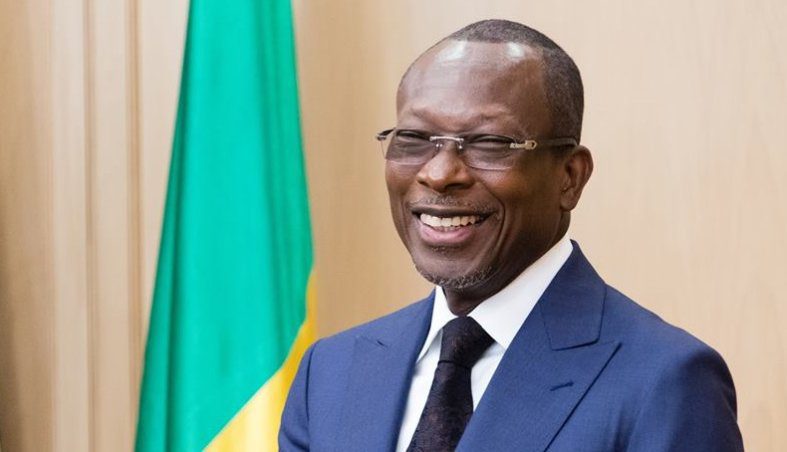Mathias Hounkpe, a Beninese researcher and Administrator of the political governance program at the non-governmental organization Osiwa, analyzes for APAnews, the challenges facing the presidential election to be held on Sunday in Benin.
Benin’s upcoming presidential race, scheduled for Sunday April 11, is engulfed in a controversy over the end of the term of outgoing President Patrice Talon. But what do his opponents blame him for?
Two fundamental grievances are made by the opposition or part of the public opinion to the current president over the presidential election. The first criticism relates to what has been called “the restriction of political space,” the exclusion of the opposition from the presidential election. There was a reform of the electoral code, which established the sponsorship of candidates. Unlike Senegal, sponsorship in Benin must be done by MPs and city Mayors. However, political parties supporting the head of state in Benin hold almost all MP and mayor positions. Therefore, you cannot be a candidate if these parties do not grant you the sponsorship. The entire opposition therefore felt that the game was not open.
The second criticism concerns the continuation of political reforms, through which President Talon’s mandate has been extended by 47 days. Normally, the new President of the Republic should be invested on April 6, if the five-year term was respected. At the moment, the opposition and part of the public believe that the revision of the Constitution cannot be retroactive. For them, from April 5 at midnight, the term of the outgoing president ends. This is what explains, in part, the protests that the country has been experiencing for two days.
This election is also marked by the forced absence of the main opposition figures, with only little-known candidates standing against the incumbent president. Does this mean that democracy is declining in the country?
All the indexes that measure the state of freedom and democracy in the world reflect a democratic decline in Benin. Better still; the President of the Republic himself recognizes in his speeches that development was a priority for him, which would explain the sprains of democracy and human rights. It is as if such a situation doesn’t bother him.
Despite the absence of any major challengers, Talon is campaigning actively to win this election. Does this mean that nothing is decided in advance?
When you listen to Talon’s message in his campaign, the victory in the first round is already achieved. The concern of the head of state of Benin today is the turnout. In 2019, the legislative elections were held under the same conditions. That is, only the two political parties supporting the head of state were able to participate in these elections. And the voter turnout was 27 percent, against an average of 66 percent. We began to organize legislative elections in Benin in 1991, as part of democratic renewal. So the rate in 2019 was very low. And I believe the head of state today is creating the same thing. He does not want to be re-elected with a turnout that would call into question the legitimacy of his election.
When he was elected in 2016, he promised to serve only one term. Why did he change his mind?
He gave no reason for this change of mind. His supporters have come to say that he has started a lot of things and launched a lot of projects that he has yet to complete, that he is still needed, etc. But what is certain is that this change of mind will mar his second term. During this term, any act he takes will be interpreted as an attempt to remain in power beyond his second term. And right now, his word alone will not be enough after he backed out of his promise to serve only one.
What are the achievements he can rely on?
There are still some positive things that can be put to his credit. My fundamental argument against him relates to the poor results in the field of democracy and human rights. If not economically, it is undeniable that it has achieved good things. In the field of infrastructure and the digitization of public administration, he did pretty well. Some services, such as searching passports or the criminal records, are now done online in Benin. These are things you have to put to your advantage. But from my point of view, all of these things can be achieved without necessarily overlooking democratic rules and restricting public space.
ODL/te/cgd/fss/abj/APA


